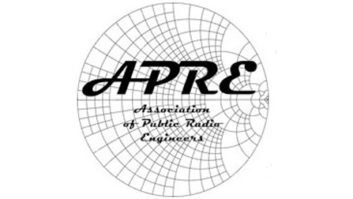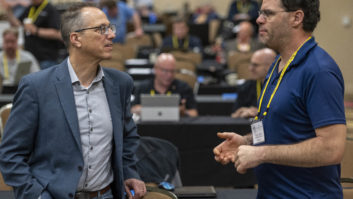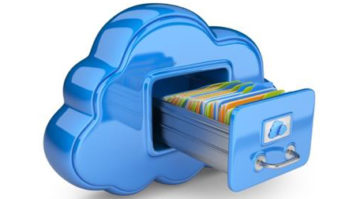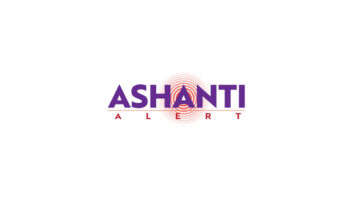
The “open sesame” phrase of American broadcasting may soon work no longer.
The Federal Communications Commission plans to seek comments on eliminating the longtime requirement that commercial broadcast stations make available copies of the public’s letters and emails in the stations’ public inspection files.
Reacting to the news, the law firm of Pillsbury Winthrop Shaw Pittman, which has supported this change on behalf of state broadcast associations, posted that the benefits would be two-fold: commercial stations would be free of the burden of having to maintain a local paper public file, and stations can avoid future security risks by limiting access to the facility.
“Stations will no longer have to grant access to an individual just because he knows the ‘open sesame’ phrase of American broadcasting: ‘I’m here to see the public file,’” the firm wrote.
As Radio World has reported, the FCC recently mandated that radio and satellite radio broadcasters move to using online rather than physical public inspection files, as TV stations were earlier required to do. That process is underway.
But that digital migration did not apply to letters from the public. Commercial stations are required to continue to file those documents physically at the main studio. The reasoning for the exception, as described in a 2014 Notice of Proposed Rulemaking, was that “including these documents in the online file could risk exposing personally identifiable information,” and that requiring stations to redact such information before posting them online would be burdensome. (Noncoms already do not have to make letters and emails public.)
In 2015, state broadcasting associations from each state and territory encouraged the FCC to reconsider the issue and outright eliminate the requirement that broadcasters retain letters from the public in those files. At its May meeting, the commission will consider just that.
Broadcasters generally have supported updating public file rules as long as the changes do not place an undue burden on them, particularly on smaller stations.
In a blog post this week, Chairman Tom Wheeler said that further updating the rules for public inspection files is “consistent with our agency-wide process reform initiative to review all commission regulations and update or repeal outdated and unnecessary rules. In this fast-moving, constantly evolving sector, the commission needs to make sure our rules are keeping pace.”
Pillsbury Winthrop made particular note of the security aspect of this issue for broadcasters. “This would not only benefit stations struggling to ensure that there is always a staffer standing by to provide immediate access to the file, but increasingly important, eliminate a major security risk for broadcast stations seeking to prevent dangerous individuals from entering the building, as happened last week in Baltimore.”
The Notice of Proposed Rulemaking will also move to eliminate the requirement that cable operators publicly disclose the location of their control center for receiving and processing television signals. The agenda for the May FCC meeting is posted.












